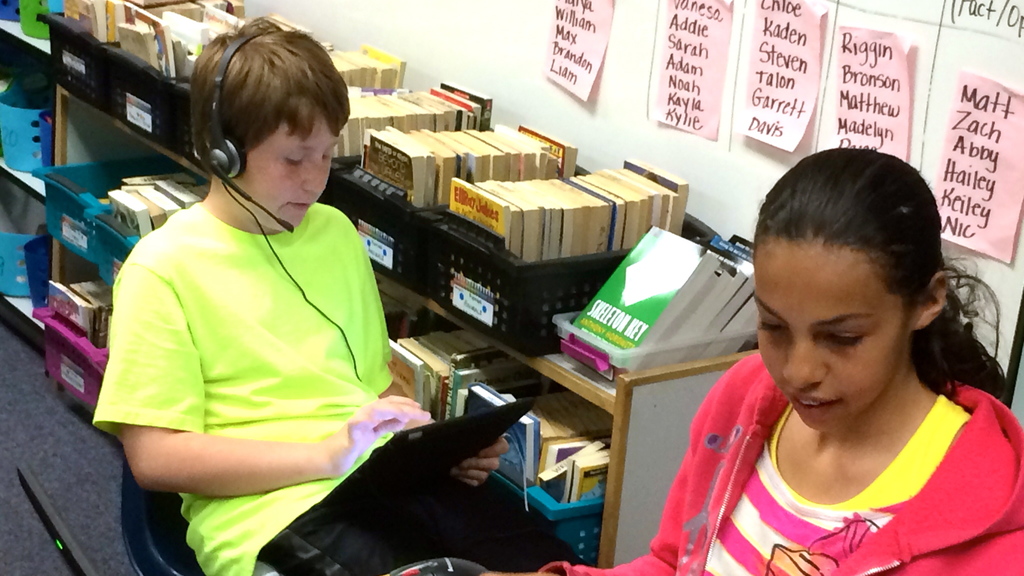
For year two, Idaho’s technology pilot grants are a hotter ticket than ever.
Ninety-nine schools have submitted bids for a share of $3 million in grants.
Bids totaled $26,074,657.89, the State Department of Education said Thursday. Wednesday was the application deadline.
This is the second year of the technology pilot program. The 2013 Legislature approved the pilot program in the wake of the November 2012 election, when voters overwhelmingly rejected Proposition 2, a law establishing a statewide high school laptop program.
Last year’s competition for tech pilot grants was heated as well. Eighty-one schools submitted $19.5 million worth of proposals. Eleven schools wound up sharing the $3 million. Pilot schools are trying out a range of ideas, including pilots that give students their own Chromebooks or tablets. One school, Sugar-Salem High School in Eastern Idaho, established a one-to-one laptop program modeled after Proposition 2.
“Since 2007, we have worked to make sure every student has equal access to the best educational opportunities. The increase in technology grant applications is evidence we need a statewide solution to closing the digital divide,” Superintendent Tom Luna said Thursday. “Pilots must be just the beginning, not the end. Parents shouldn’t have to hope their child is lucky enough to attend a school that was fortunate enough to receive a grant.”
Now, a committee of educational stakeholders, including teachers, administrators, and representatives of higher education representatives will now sort through the 99 applications. It will be a “blind” review; the applications will be edited so committee members will not be able to identify the schools.
Grants will be awarded on or around July 1 — giving schools the rest of the summer to purchase equipment and set up training for faculty.
Education Department officials have said they are looking for innovative approaches — perhaps in areas such as team teaching, student-directed learning or utilizing free, open source textbooks.
In a news release Thursday, the Education Department said it is looking for one- or two-year pilots that are designed “to improve student academic growth and financial efficiencies throughout an entire school.” The department says it is looking for projects that can be applied in other schools, and projects that can be sustained after the end of the pilot.
Learn more: One year into the pilot projects, read about how technology is changing education at Middleton High School, Kuna Middle School and Meridian’s Discovery Elementary School.
Video: See these three pilot programs firsthand in this report from Michelle Edmonds at our broadcast partners, KIVI and KNIN TV.
